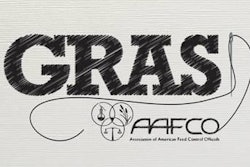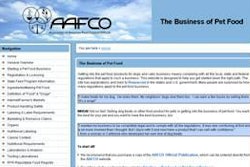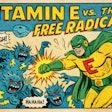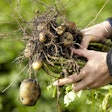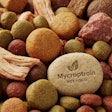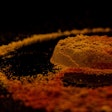Many dietary factors influence fecal output and consistency, including digestibility, fiber and resistant starches. To better understand how dietary change can influence the microbiome and fecal characteristics, we performed a feeding trial using two different foods in six dogs. Dogs were fed Food A, which contained bacterial fermentation products, or Food B for 28 days, then switched to the other food for 28 days.
Food A resulted in a significant decrease in fecal pH and quality and an increase in daily defecations. Fecal floral analysis revealed significant increases in Lactobacillales and Clostridiales VII and decreases in Erysipeolotrichales and Coriobacteriales family micro-organisms when the dogs ate food A.
While we have yet to determine the specific component in food A responsible for this dramatic shift in fecal pH and change in fecal microflora, the proximate analysis suggests the potential for reduced digestibility, higher fiber (soluble and insoluble) content and/or resistant starches as potential causes.
Source : J.J. Wakschlag et al., 2011. Negative fecal characteristics are associated with pH and fecal flora alterations during dietary change in dogs. Intern J App Res Vet Med 9: 278-283.


